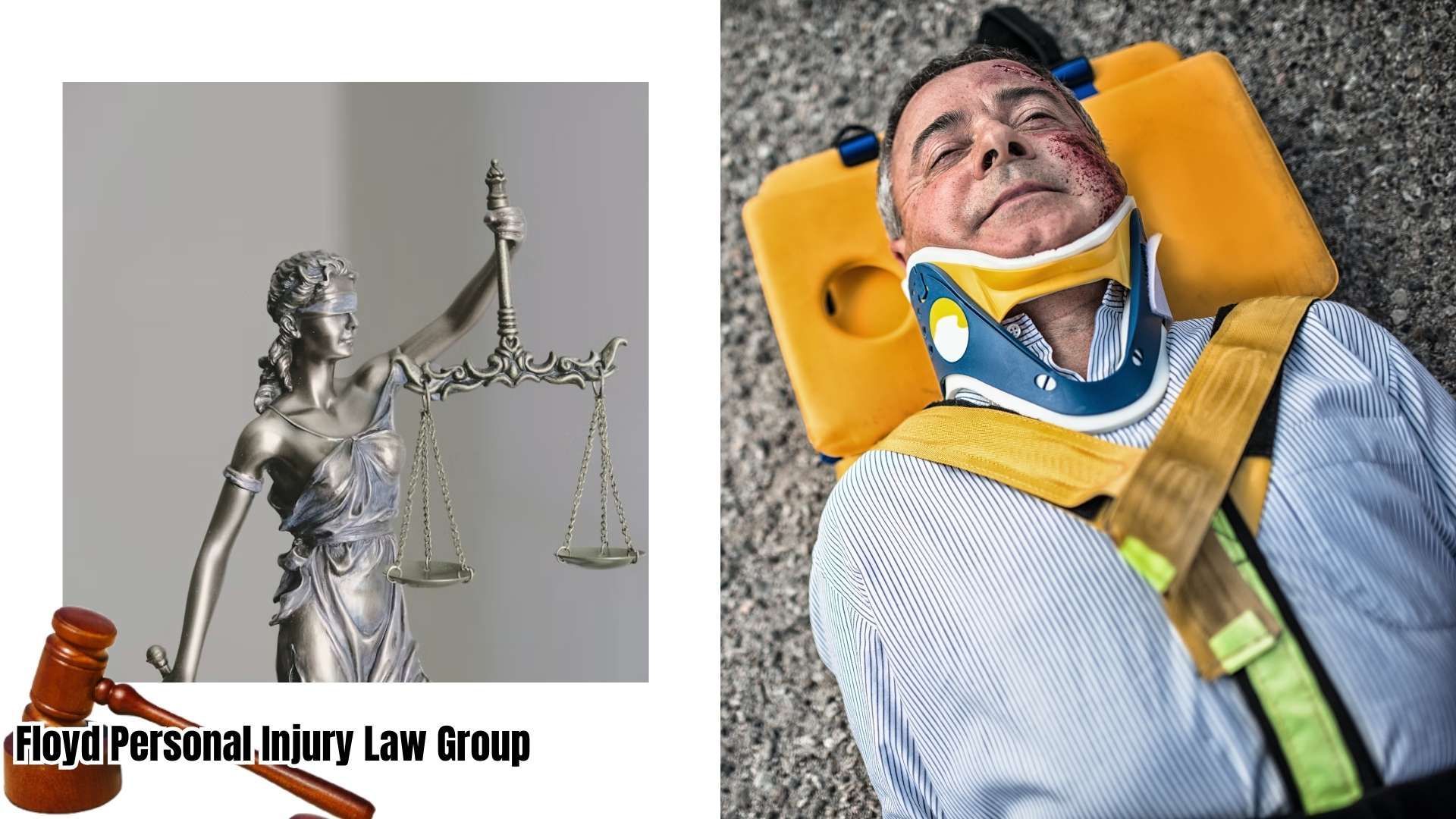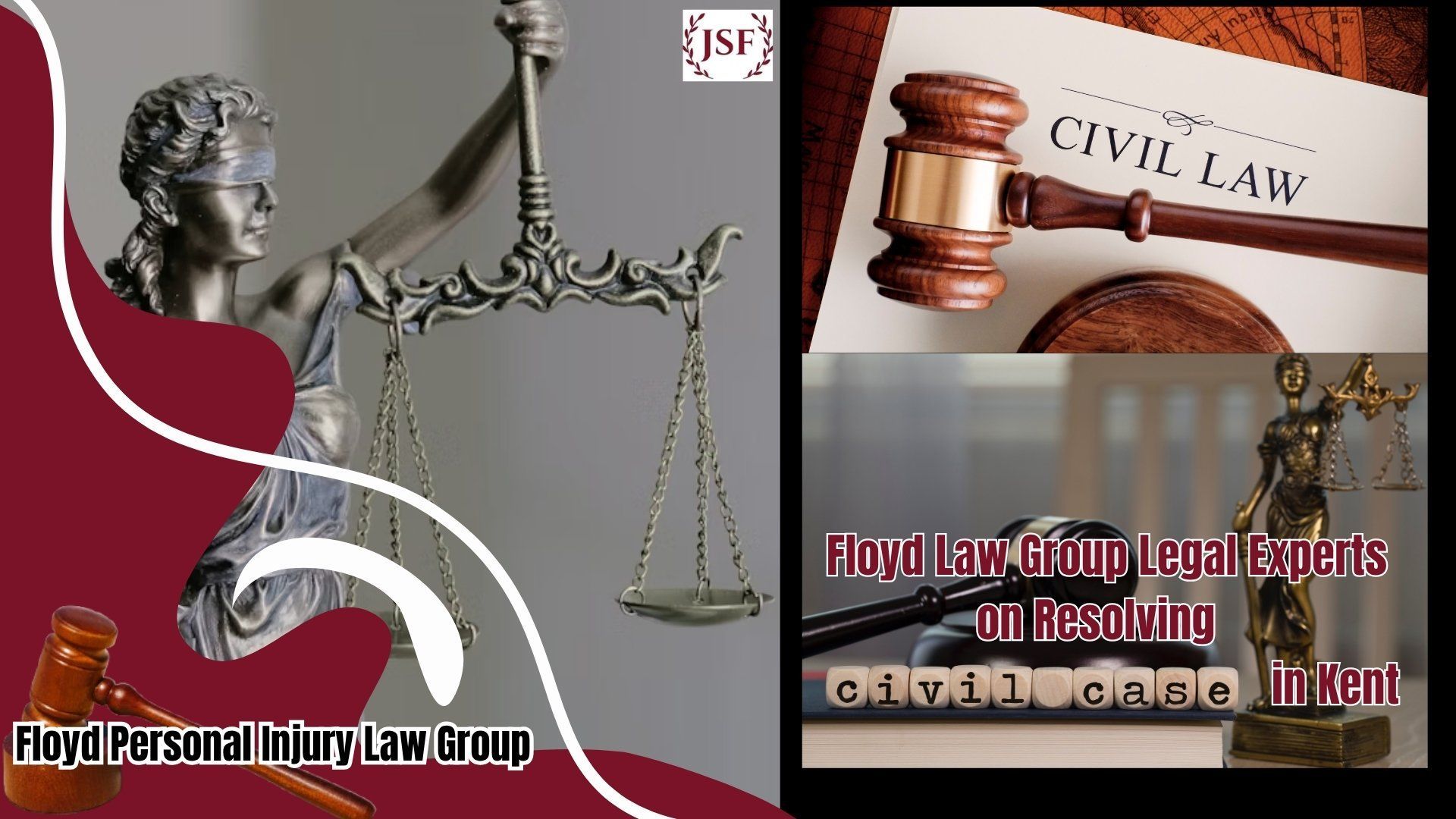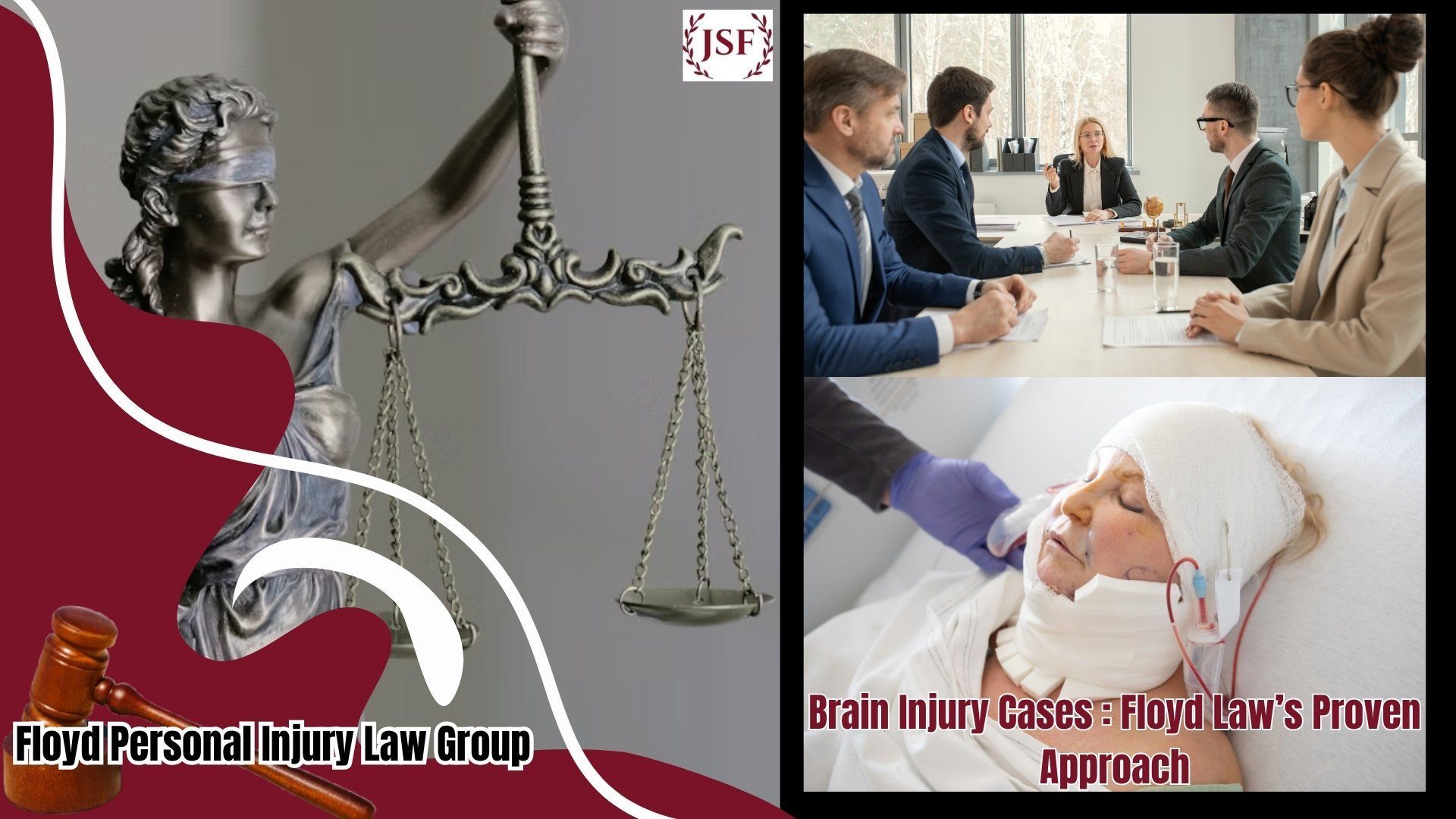Understanding Your Insurance Coverage After a Car Accident
Car accidents can leave you with not only physical injuries but also a mountain of questions—especially when it comes to your insurance coverage. Understanding the different types of coverage available to you can make a huge difference in how you navigate accident claims and secure the compensation you deserve.
In this post, we’ll explain the key types of car insurance coverage and how they apply in the aftermath of an accident.
1. Liability Coverage:
Liability insurance is mandatory in most states, and it’s designed to cover damages that you cause to others in an accident. There are two key components of liability coverage:
- Bodily Injury Liability (BIL): This pays for the medical expenses, lost wages, and pain and suffering of the other party if you are at fault in the accident.
- Property Damage Liability (PDL): This covers the cost to repair or replace the other party’s property (such as their vehicle) that was damaged in the accident.
It’s important to note that liability insurance only covers the other party’s expenses if you’re found to be at fault; it does not cover your own medical bills or vehicle repairs.
2. Collision Coverage:
Collision coverage helps pay for the repair or replacement of your vehicle after an accident, regardless of who is at fault. This type of coverage is especially useful if the accident involves a single car (e.g., if you hit a tree or guardrail) or if the other driver’s insurance is insufficient to cover your vehicle’s damage.
- How it works: You’ll file a claim with your own insurance company, and after paying your deductible, the insurance will cover the cost of repairs or vehicle replacement up to the policy’s limit.
If you’re financing or leasing your car, collision coverage is often required by the lender.
3. Comprehensive Coverage:
Comprehensive coverage provides protection for damage to your vehicle that is not caused by a collision. This includes events like:
- Theft
- Vandalism
- Natural disasters (e.g., floods, earthquakes)
- Fire
- Damage caused by animals
Like collision coverage, comprehensive coverage will pay to repair or replace your vehicle, subject to your deductible. It’s an optional add-on, but it can save you from paying out-of-pocket for non-accident-related damage.
4. Medical Payments Coverage (MedPay):
Medical payments coverage, often referred to as MedPay, helps cover medical expenses for you and your passengers after a car accident, regardless of who is at fault. This coverage can be especially helpful if you don’t have health insurance or if your health insurance doesn’t cover all accident-related medical expenses.
- What it covers: Medical bills, hospital visits, surgery, X-rays, and sometimes even funeral expenses.
- Why it matters: MedPay is particularly useful in “no-fault” situations, where each driver’s own insurance covers their injuries, regardless of who caused the accident.
Unlike other types of coverage, MedPay is relatively inexpensive to add to your policy, and it can provide valuable financial protection after an accident.
5. Uninsured/Underinsured Motorist Coverage:
While it’s required by law for drivers to carry liability insurance, not everyone follows the rules. Uninsured motorist (UM) and underinsured motorist (UIM) coverage protect you in the event you’re in an accident with a driver who either has no insurance or lacks enough coverage to pay for your damages.
- Uninsured Motorist (UM): Covers medical expenses, lost wages, and other damages if you’re hit by a driver without insurance.
- Underinsured Motorist (UIM): Kicks in when the at-fault driver has insurance, but their coverage isn’t enough to cover the full extent of your damages.
These types of coverage also typically extend to hit-and-run accidents, ensuring that you’re not left financially vulnerable if the responsible driver flees the scene.
Understanding Your Policy and Potential Compensation
The key to navigating your insurance after a car accident is understanding exactly what your policy covers. Here are some steps to help you better understand your coverage:
- Review your policy documents: Look for the declarations page of your insurance policy. This will show you the types of coverage you have, the policy limits, and any deductibles that apply.
- Check your state’s minimum coverage requirements: Each state sets its own minimum requirements for liability insurance. Make sure your coverage meets these requirements, but also consider whether the minimum coverage will be enough to protect you in a serious accident.
- Ask your insurance agent for clarification: If you’re unsure about what your policy covers, reach out to your insurance agent or provider. They can explain the details of your coverage and help you assess whether you have enough protection.
- Consider additional coverage: If you don’t have comprehensive, collision, MedPay, or uninsured motorist coverage, consider adding these options to your policy for greater protection.
Have Questions About Your Insurance Coverage? Contact Us Today!
If you’ve been in an accident and are unsure about your insurance coverage, our team at Floyd Personal Injury Law Group is here to help. Contact us for a free consultation and get the answers you need to protect your rights and secure compensation.











